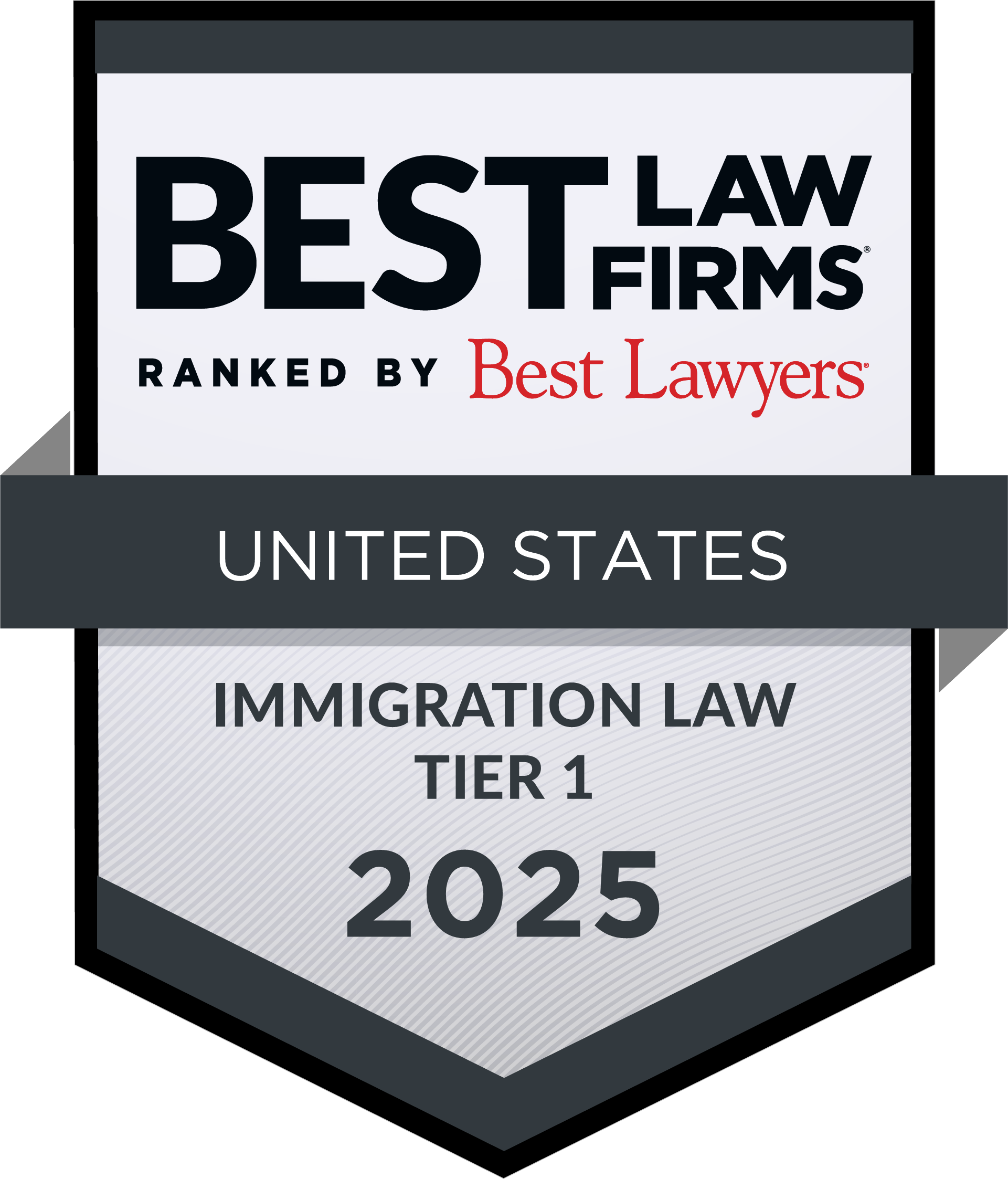For individuals or companies engaged in international trade, the E-1 visa offers a valuable opportunity to live and work in the United States. If you are considering this option, it’s important to understand the requirements, application process, and potential challenges you might face. Read this blog and reach out to our seasoned Fairfax County work visa lawyers to learn more about how to obtain an E-1 visa and how we can help you through the process. Here are some of the questions you may have:
What Is an E-1 Visa and Who Is Eligible?
The E-1 visa, also known as the “Treaty Trader Visa,” is designed for individuals from countries that have a qualifying treaty of commerce and navigation with the United States. It allows business owners, executives, and employees engaged in substantial trade between their home country and the U.S. to live and work in the United States. This visa is especially popular among entrepreneurs and companies in industries such as import/export, logistics, or services that involve regular international transactions.
To be eligible for an E-1 visa, you must meet several criteria:
- Nationality: The applicant must be a citizen of a treaty country.
- Trade Volume: At least 50% of the international trade conducted by your business must be between the United States and your treaty country.
- Trade Type: Trade can involve goods, services, or technology, and it must be substantial, meaning it occurs frequently or involves a significant monetary value.
- Position: The applicant must serve in a key role, such as an executive or manager, or possess specialized skills essential to the business’s operations.
How Do I Apply for This Visa?
The application process for an E-1 visa involves several steps and requires thorough documentation to demonstrate eligibility. Here’s a general outline:
- File the DS-160 Form: Start by completing the online Nonimmigrant Visa Application (Form DS-160). You will receive a confirmation page upon submission, which is necessary for the next steps.
- Gather Supporting Documents: Strong documentation is critical. You’ll need to provide proof of your citizenship, evidence of substantial trade, a description of the business’s operations, and financial records to support your claims.
- Schedule an Interview: After submitting your DS-160, schedule an appointment at a U.S. Embassy or Consulate in your treaty country. Interviews are required for most applicants and give consular officers the chance to assess your eligibility.
- Prepare for the Interview: During your interview, you may be asked questions about your trade activities, your role in the business, and your ties to your home country. Bring all relevant documents and be ready to explain your case clearly.
The timeline for processing an E-1 visa varies, so it’s wise to apply well in advance of your intended travel dates.
What Are the Benefits and Limitations of These Visas?
The E-1 visa offers several benefits for treaty traders, making it an attractive option for eligible individuals and businesses. With an E-1 visa, you can:
- Work legally in the United States for the enterprise that serves as your visa sponsor.
- Travel in and out of the U.S. without restrictions.
- Include your spouse and dependent children under 21 in your visa application; spouses may even apply for work authorization.
Importantly, there are some limitations. The E-1 visa is nonimmigrant, meaning it does not provide a direct path to permanent residency (a green card). Additionally, your status is tied to the trade relationship between the U.S. and your treaty country, as well as the specific activities of your sponsoring enterprise. If trade diminishes or the business changes focus, your visa status could be affected.
If you have any further questions about this visa or would like assistance obtaining one, please don’t hesitate to contact Goel & Anderson today.


